Securing a storage unit is essential to ensure your belongings remain safe and protected. Whether you're storing valuable items, sentimental possessions, or everyday goods, understanding how to secure your storage effectively can save you time, money, and stress.
Table of Contents
Why securing your storage unit matters
Choosing the right storage facility
Investing in the right lock
The role of facility security features
Storing valuable items safely
Understanding digital security threats
Maintaining your storage unit regularly
The importance of insurance coverage
How the storage industry supports security
Enhancing security with technology
Why securing your storage unit matters
Storage facilities are designed to provide a secure environment for your belongings, but taking extra steps ensures maximum protection. While most facilities implement robust security systems, individual actions such as selecting the right locks and maintaining an inventory add an additional layer of safety.
Theft, unauthorised access, and environmental damage are risks that can be mitigated with the right approach. By taking proactive steps, you not only safeguard your personal items but also contribute to reducing crime rates within the storage industry.
Secure storage also enhances customer confidence, encouraging individuals to trust self storage facilities for their valuable and sentimental possessions.
This trust strengthens the reputation of the storage industry, prompting further investments in advanced security technologies. Additionally, ensuring the security of your belongings can save you from financial losses and emotional distress caused by preventable incidents.
Choosing the right storage facility
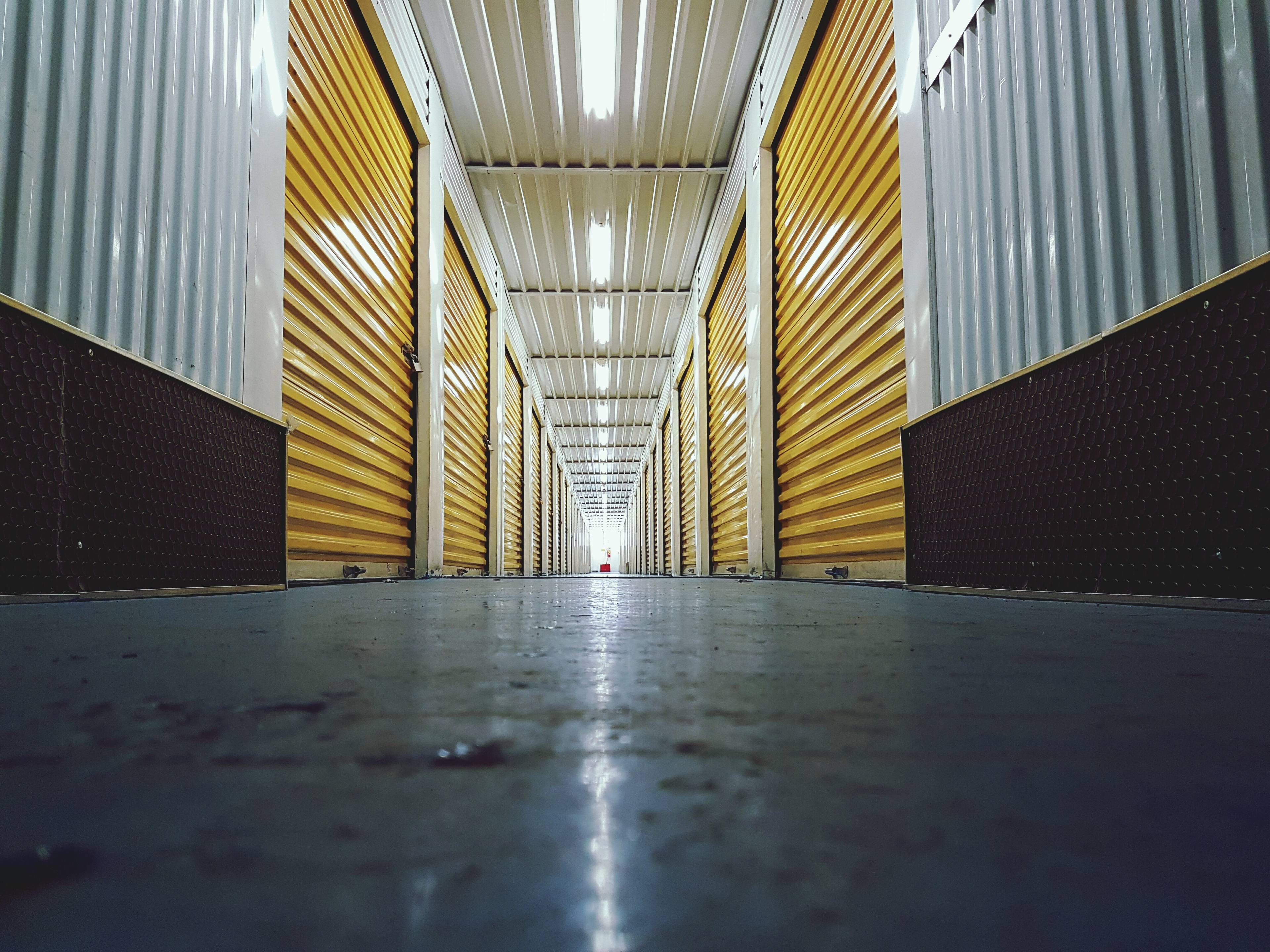
Selecting a secure self storage facility is the first step in protecting your belongings. Look for a self storage company that prioritises security systems and facility maintenance. A thorough evaluation of the facility’s features can help you make an informed decision.
Surveillance systems – Active CCTV cameras and digital surveillance help deter potential intruders. Ensure the facility monitors footage regularly to address any suspicious activity.
Access control – Facilities with access codes and individual unit alarms provide an extra layer of protection. These systems prevent unauthorised access and ensure only authorised individuals can enter.
On-site security – Security staff and site managers ensure quick responses to any issues. Their presence alone can discourage potential intruders.
Perimeter fencing – A well-secured boundary reduces the risk of break-ins. Look for facilities with sturdy fencing and limited entry points.
Climate control – Protect sensitive items from damage caused by extreme temperatures or humidity. Climate-controlled units are ideal for storing electronics, artwork, and important documents.
Investing in the right lock
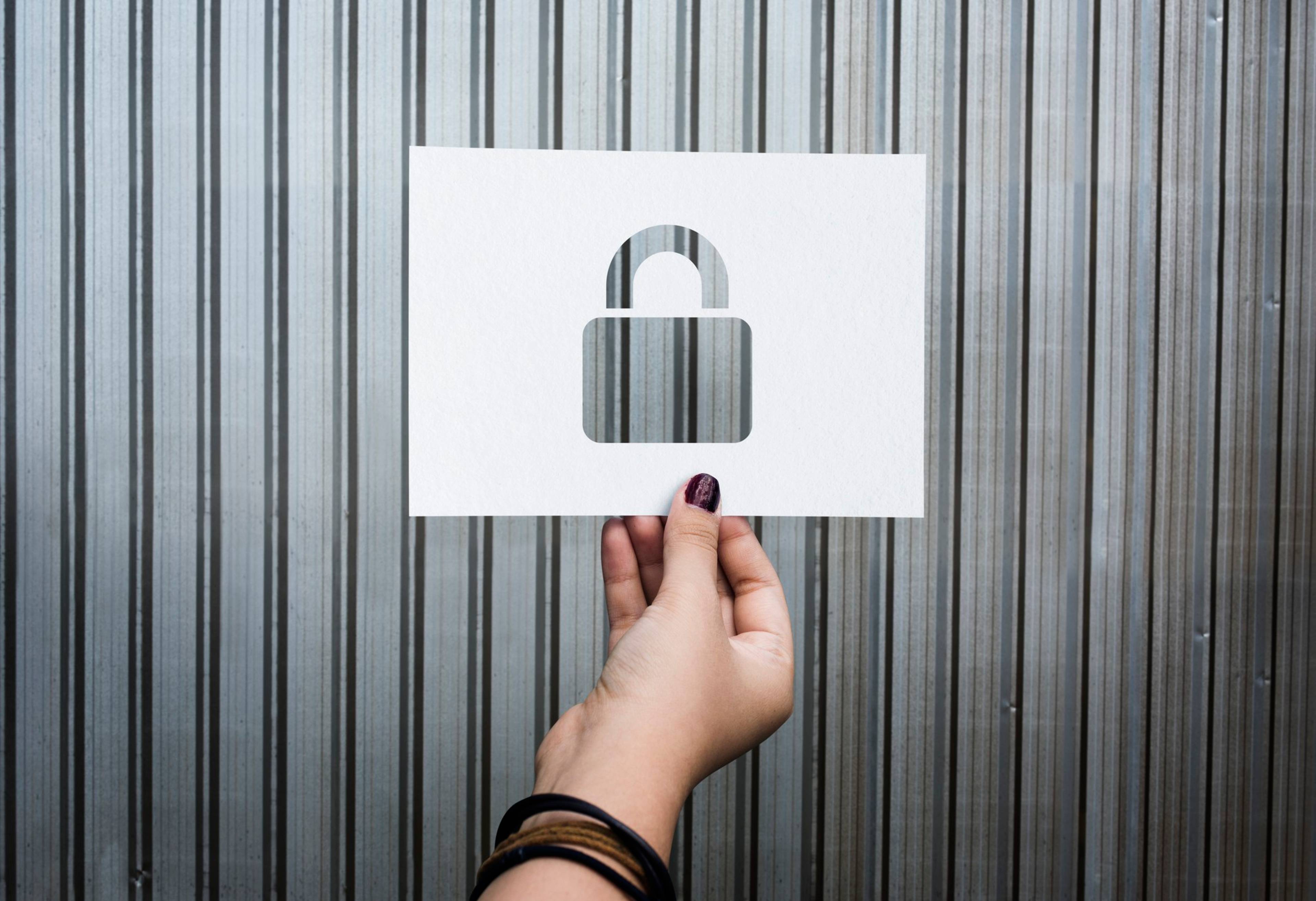
Using a high-quality lock is crucial for securing your storage unit. Disc locks and cylinder locks are excellent choices due to their durability and resistance to bolt cutters. A disc or cylinder lock is designed to withstand heavy-duty attacks, making them a preferred option for many storage facilities.
Always use your own lock to maintain full control over access to the door alarms your unit. Avoid relying on facility-provided locks, as these may not offer the same level of security. Additionally, ensure that the lock you choose fits securely on the unit’s latch, leaving no gaps that could be exploited by potential intruders.
The role of facility security features
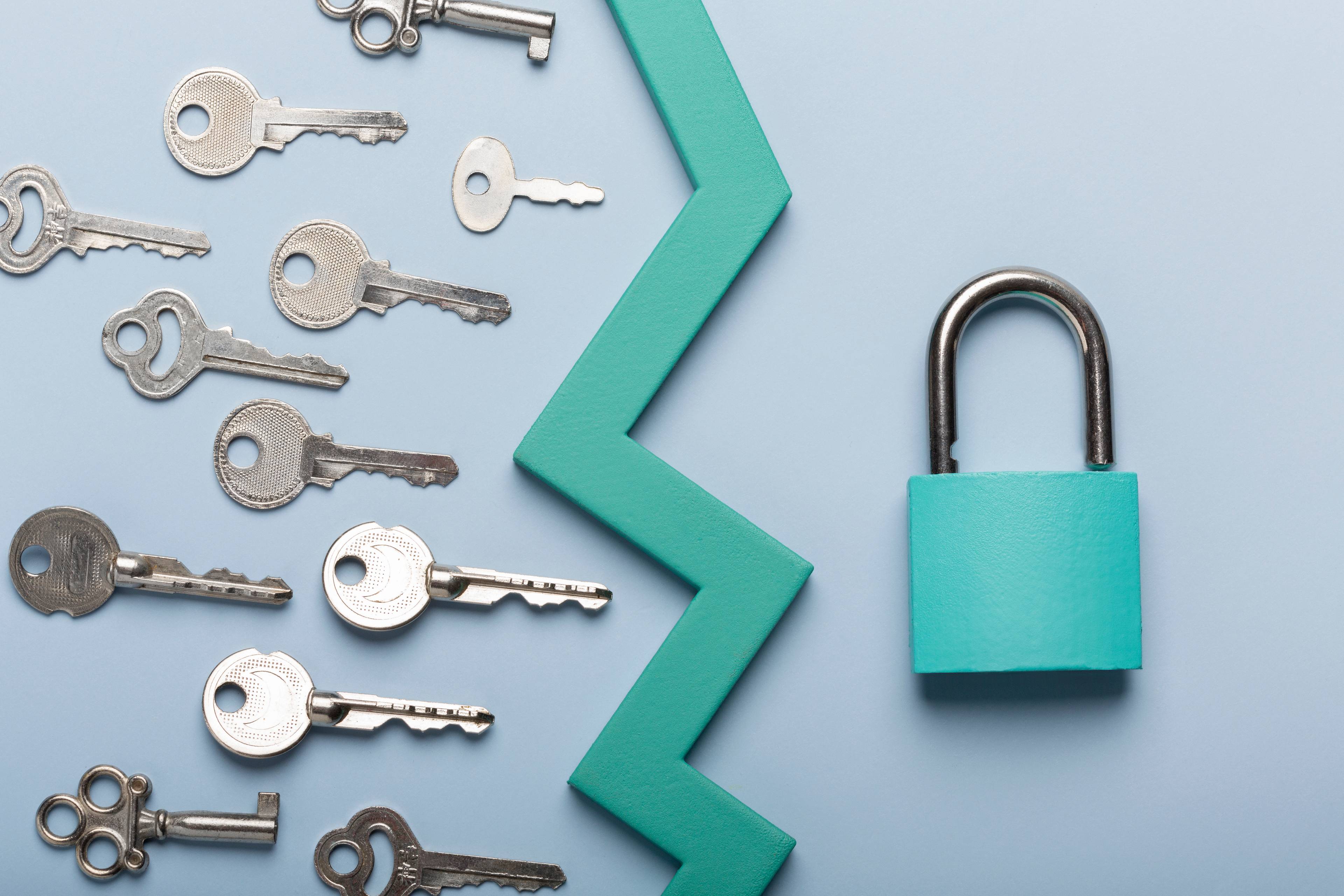
A secure storage facility employs a combination of robust security measures to protect stored belongings. These include:
Alarm systems – Door alarms and motion sensors alert facility managers to unauthorised access. These systems are particularly effective in preventing theft and ensuring a rapid response to security breaches.
Access logs – Tracking entry points ensures accountability and prevents theft. Facilities that maintain a detailed inventory of access logs can identify suspicious activity and take corrective action.
Well-maintained facilities – Regular risk assessments and pest control keep the environment safe and secure. A clean and organised facility also reflects the management’s commitment to security and customer satisfaction.
Lighting – Adequate lighting in and around the facility enhances visibility and deters criminal activity. Motion-activated lights are particularly effective in areas with low foot traffic.
Storing valuable items safely

If you’re storing valuable items or those with sentimental value, take additional precautions:
Storage insurance – Ensure your belongings are covered against theft or damage. Many storage companies offer insurance options tailored to different needs.
Detailed inventory – Keep a record of all stored items for insurance claims or personal reference. A digital inventory with photos can provide additional proof of ownership for insurance claims.
Secure packaging – Use sturdy boxes and protective materials to prevent damage. Bubble wrap, foam padding, and plastic containers are excellent options for fragile items.
Climate control – Protect items sensitive to temperature changes. This feature is particularly important for artwork, antiques, and electronics.
Strategic placement – Store valuable items towards the back of the unit and conceal them with less valuable belongings to reduce their visibility.
Understanding digital security threats
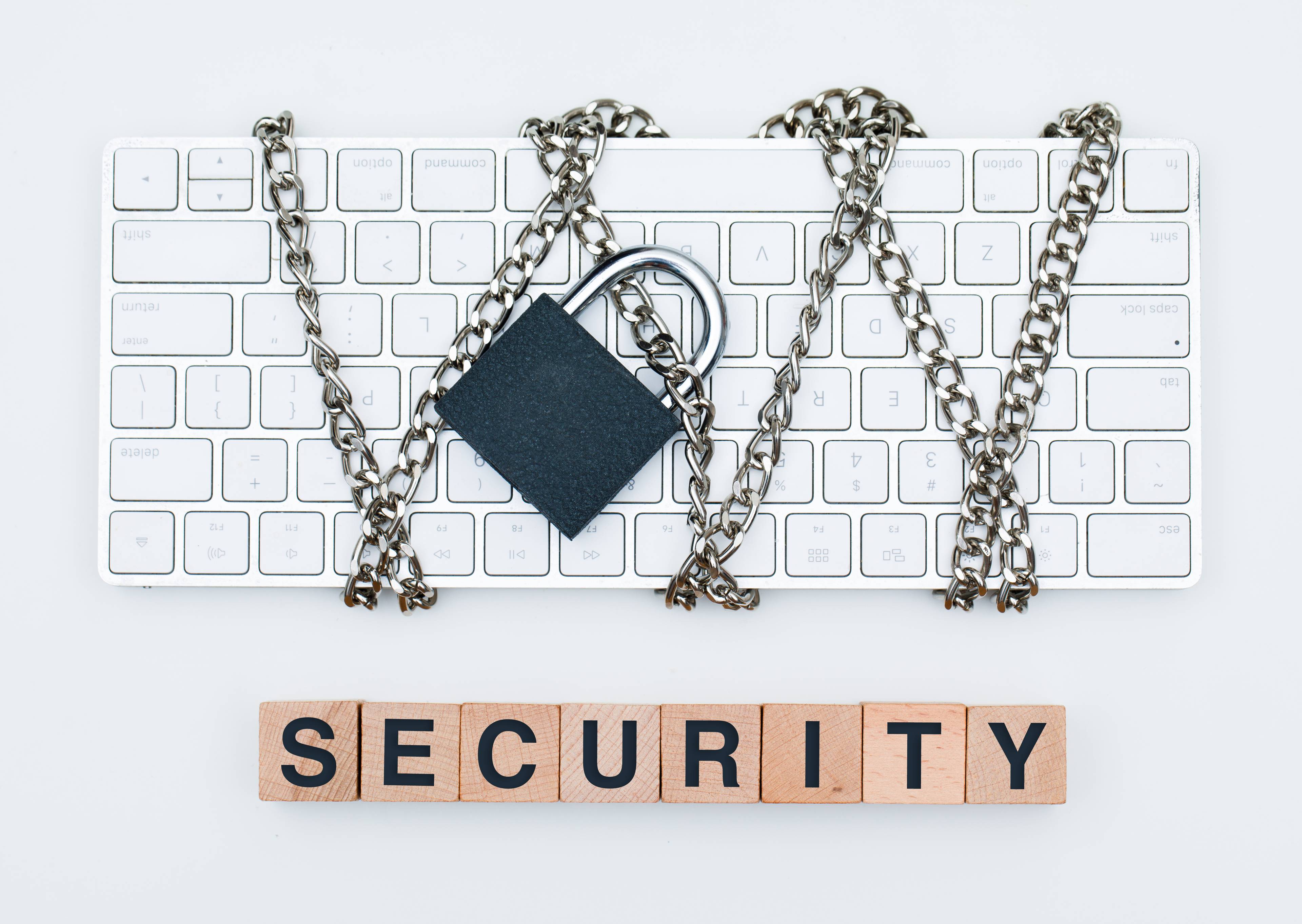
In today’s digital age, secure storage extends beyond physical measures. Protect yourself from identity theft and digital security threats by:
Avoiding storage of sensitive documents without encryption. If you must store digital media, ensure it is password-protected and stored in a secure container.
Using facilities with secure digital systems. These include encrypted access codes and systems that regularly update their software to prevent breaches.
Ensuring access control systems are regularly updated. Outdated systems can become vulnerable to hacking attempts, compromising the security of the entire facility.
Maintaining your storage unit regularly
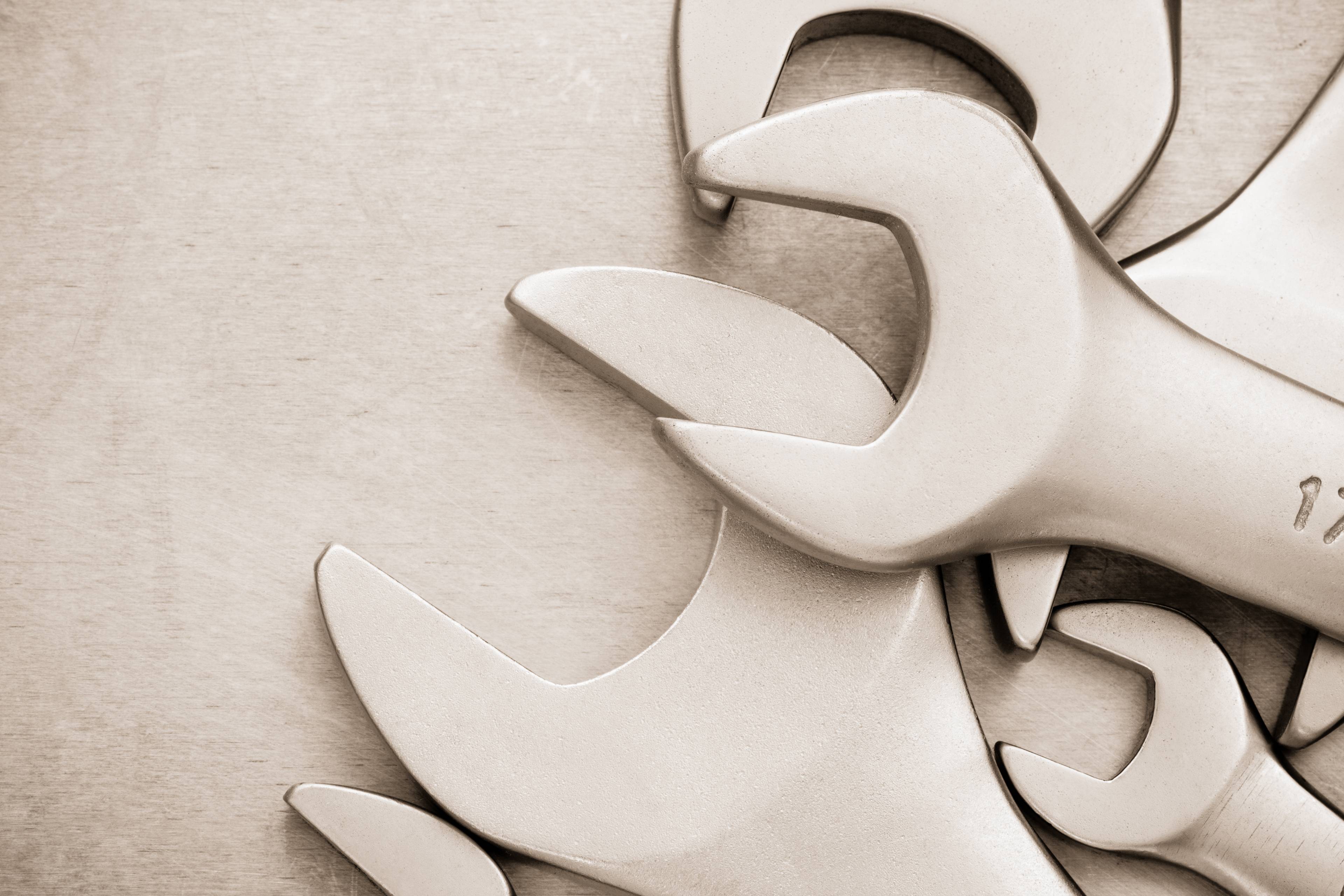
Regular visits to your storage unit help ensure it remains secure and well-maintained. Check for signs of tampering, pests, or environmental damage. Keep an eye on the condition of your lock and the unit’s structure, reporting any concerns to the facility manager promptly.
During these visits, take the time to reorganise your belongings. This not only ensures easy access to frequently used items but also helps you identify any missing or damaged goods. Staying vigilant reduces the risk of long-term issues and demonstrates your commitment to maintaining a secure storage space.
The importance of insurance coverage
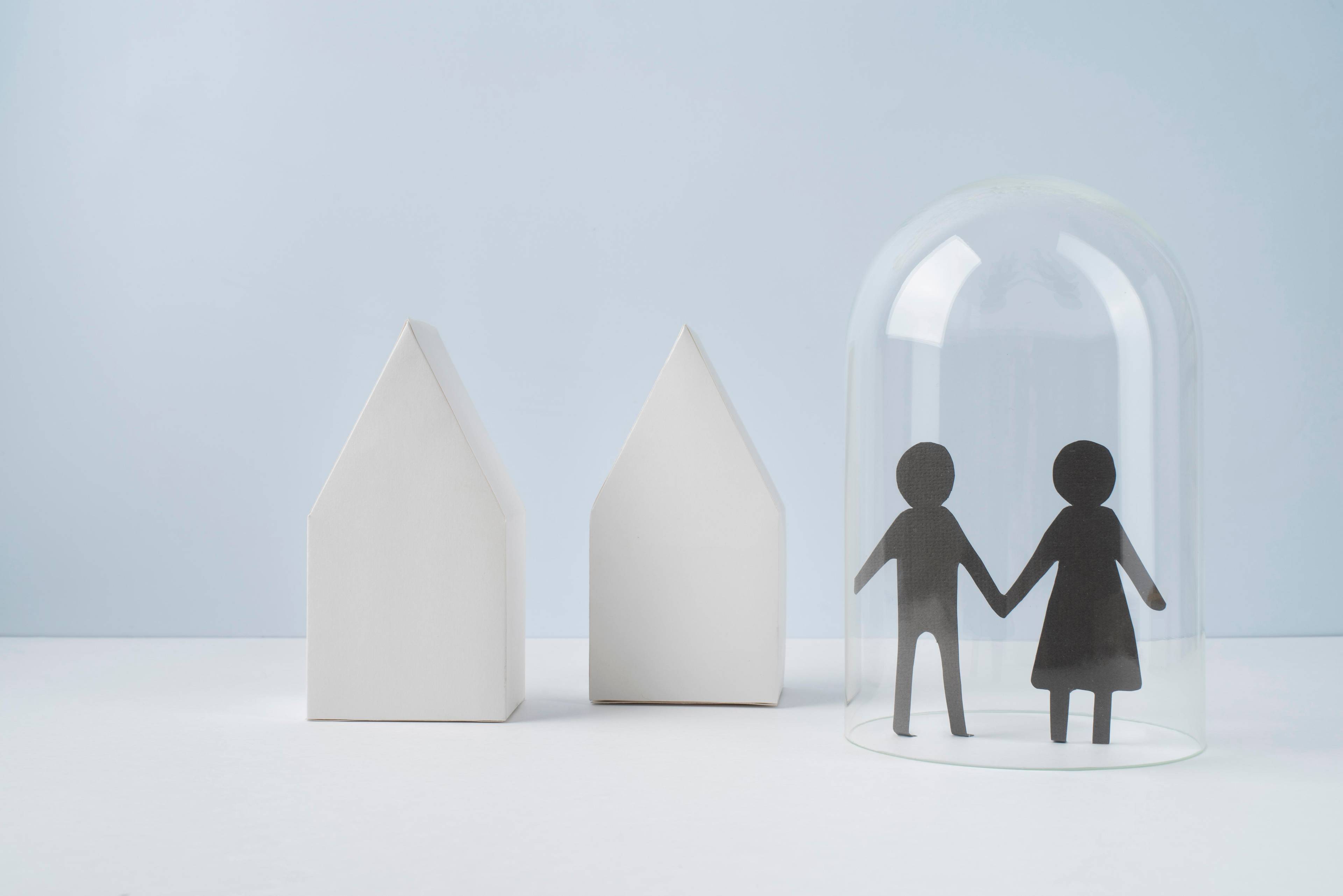
Storage insurance is an essential part of securing your storage unit. It provides financial protection for your stored items in case of theft, fire, or other unexpected events. Without insurance, you may face significant losses that could have been avoided with proper coverage.
Review the coverage offered by your self storage company and consider additional policies if needed. Compare different insurance providers to find a plan that suits your needs and budget. Remember, even the most secure facilities can’t guarantee against natural disasters or unforeseen accidents, making insurance a critical safety net.
How the storage industry supports security
The self storage association and reputable storage companies continuously improve security standards across the industry. By adhering to these standards, facilities ensure that customers receive consistent and reliable protection for their belongings.
Many companies invest in advanced technologies and employee training to enhance security measures. These efforts not only protect stored items but also foster trust between customers and storage providers. Additionally, industry associations often provide guidelines and certifications that help facilities maintain high-security standards.
Enhancing security with technology
Modern storage facilities incorporate advanced technology to provide robust security measures:
Digital surveillance – Active CCTV monitors key areas. High-definition cameras and 24/7 monitoring ensure comprehensive coverage of the facility.
Access codes – Unique codes prevent unauthorised access. Some facilities offer biometric access systems for added security.
Facility security systems – Integrated alarm systems and motion sensors detect unusual activity. These systems are often connected to a central monitoring station for immediate response.
Conclusion
Securing your storage unit requires a proactive approach and a combination of physical and digital security measures. From choosing a well-maintained and secure storage facility to investing in high-quality locks and understanding the importance of storage insurance, every step contributes to keeping your belongings safe.
By selecting a reputable self storage business, like HOLD Self Storage, and adhering to the tips outlined in this guide, you can enjoy peace of mind knowing your stored items are well-protected.
HOLD has some of the best storage security in London
HOLD takes security extremely seriously. Our facilities provide advanced security measures like 24 hour CCTV, regular checks, and intruder alarms. We also sell a range of padlocks at our box shop.
Our next-generation facility in Kings Cross also comes with a ton of premium amenities to make your storage experience seamless.
Whether you're a student in need of storage during term time, managing a business, or simply need some extra space, we have the perfect solution tailored to your needs.
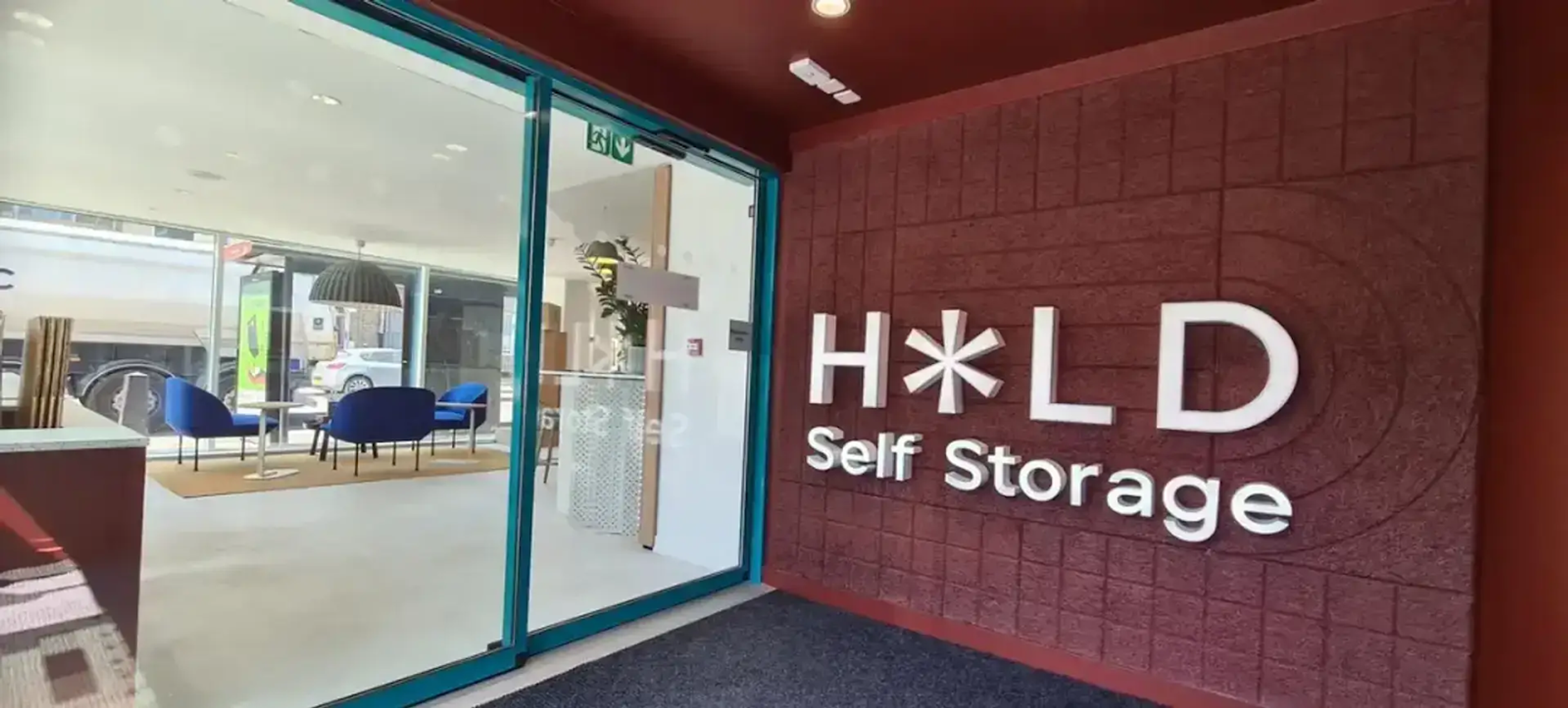
Contact us today for a free quote or to learn more about our self storage service!
Frequently asked questions
How does HOLD Self Storage ensure security?
HOLD Self Storage employs advanced surveillance systems, robust access control, and on-site security staff to prevent unauthorised access and safeguard your belongings.
What type of lock should I use for my storage unit?
Disc locks or cylinder locks are highly recommended for their resistance to tampering and bolt cutters. These options provide an extra layer of security.
Can I store sensitive items in a self storage unit?
Yes, but ensure the facility offers climate control to protect against temperature fluctuations and humidity. Always check the facility’s security measures for added peace of mind.
Does HOLD Self Storage offer insurance coverage?
HOLD provides optional storage insurance to cover your valuable items. It’s a good idea to review your existing policy for any applicable coverage.
How often should I check my storage unit?
Visiting your unit regularly helps ensure everything is in order and allows you to address any potential security concerns promptly.

